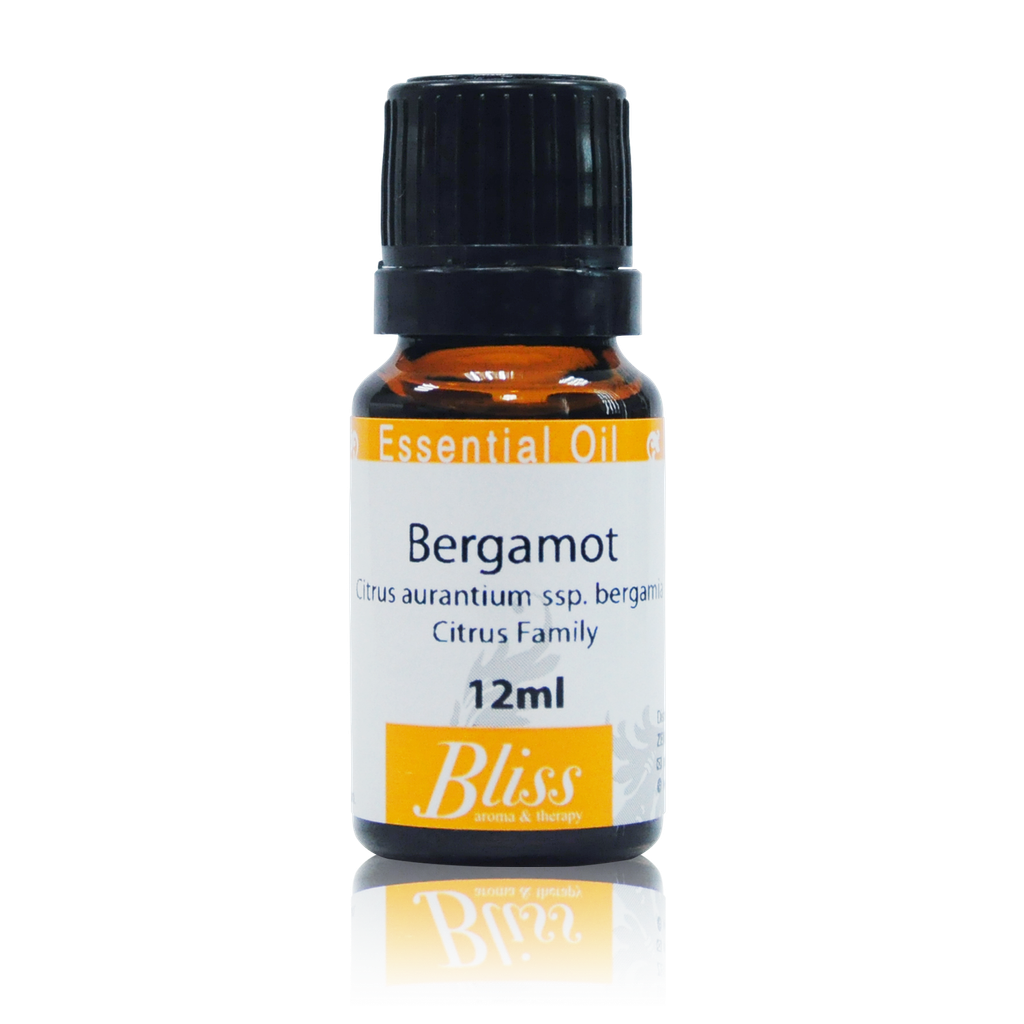Bergamot
Botanical ID
Citrus Bergamia
Plant part used
Fruit rind/peel of small yellowish pear shaped fruit
Place of origin
Italy / Africa
Description
The Bergamot fruit is not edible because the pulp is far too sour; as a result the Bergamot tree is primarily cultivated for its valuable essential oil. The tree cannot be propagated by seed; it has to be grafted onto bitter orange trees.
Characteristics
Light, delicate and refreshing, with a slight floral overtone.
Method of extraction
Cold Pressing (Expression)
General
The gentle uplifting aroma of the Bergamot fruit is most commonly used for treating states of stress, whilst the action of the oil itself is consistently used for various types of infections. To fully benefit from the subtlety of this oil in emotional mending, it can be blended with many other oils.
Blends well with
Geranium, Juniper, Jasmine, lavender, lemon, Lime, Patchouli, Peppermint, Sweet orange, Rosemary, Rosewood & Ylang Ylang.
Indications
Mind & Spirit – Bergamot’s fresh lively but gentle flowery fragrance makes it popular, with uplifting qualities for easing anxiety, depression and nervous tension. (Vaporiser, bath or massage).
Skin & Hair – acne and oily skin conditions (use in a base cream or a compress). It is also an effective deodorizing agent.
Contraindications
Photosensitive, avoid using on skin then exposing to the sun.


